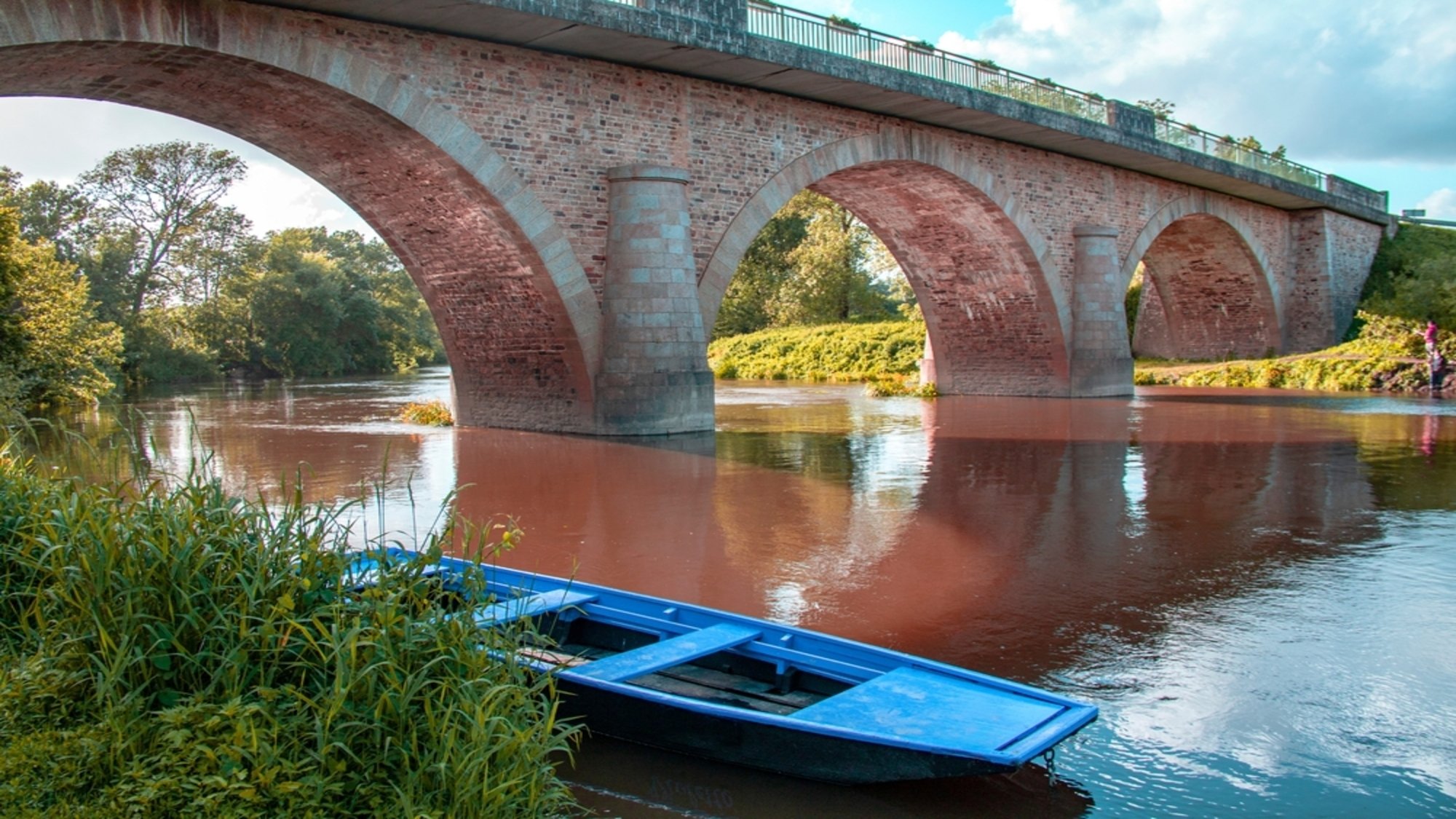After all the discussions about swimming in the Seine, let’s turn our attention to swimming in the Sèvre Nantaise. And we’re still quite far from that happening, haha.
Ongoing Efforts
Water analysis shows that it is still largely degraded. Among the main identified pollutants are: nitrates, phosphorus, organic matter, and pesticides (oh yes, that is quite a lot). These persistent elements, present in quantities exceeding recommended standards, make it challenging to have water that is clean enough to consider swimming in the short term.
Jean-Paul Brégeon, president of the EPTB, confirms: “We remain above the required thresholds in our sampling stations, with a notable presence of phosphorus and dissolved organic carbon.” Indeed, out of the 57 sampling stations, these two pollutants continue to impact the watercourse.
A Horizon Set for 2040
Even though the EPTB highlights the efforts made to reduce pollution…And pollution, particularly through local awareness actions and investments to modernize infrastructure, the goal of having clean swimming water can only be reached by 2040. This timeline may seem far off, but it remains realistic given the many challenges to overcome, especially regarding the reduction of agricultural and industrial pollutants.
Voir cette publication sur Instagram
Environmental Challenges to Tackle
Commitment to better water quality requires the cooperation of all stakeholders: farmers, communities, industries, and local residents. Concrete actions like reducing fertilizers, managing pesticides, and treating wastewater need to be strengthened to hope for safe swimming conditions in the next two decades.
Until then, vigilance is key to further improve the situation and provide a healthy, secure environment for future generations.
